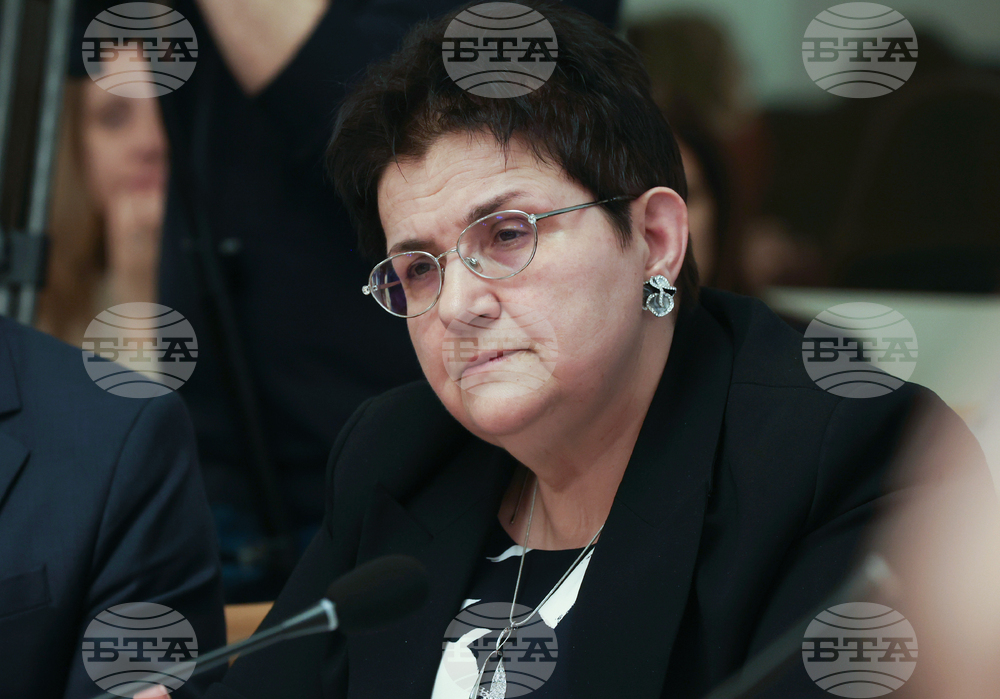site.btaDraft Budget for 2025 Reflects All Actions or Inaction of Past Three Years, Says Finance Minister


The draft budget for 2025 reflects the actions or inaction of the past few years amid political instability, said caretaker Deputy Prime Minister and Finance Minister Lyudmila Petkova during a hearing in the Budget and Finance Committee on Tuesday.
The caretaker Government has taken responsibility and drafted the 2025 budget, following the requirements of the Public Finance Act. Although projected expenditures exceed revenues by BGN 18 billion, the Government has proposed a budget with a deficit of 3% of GDP, Petkova explained.
She emphasized that the 2025 budget reflects ongoing policies and legislation, including decisions made by the government over the last few years. These policies were not made by the caretaker Government, but rather adopted during a period of political instability. The budget shows the consequences of what was or wasn’t done over the last three years, according to Petkova.
The Finance Minister stated that this budget is not one of desperation or fictional numbers, but an attempt to maintain a deficit within 3% of GDP without raising taxes. Petkova said that the main criticism of the budget is that the Government is not proposing spending cuts, but rather revenue measures with unclear effects. Any proposed spending cuts should come from the Parliament, not the caretaker Government, Petkova noted.
The expenditure section of the draft budget stands at BGN 98 billion, a rise of BGN 17 billion from the 2024 plan and BGN 20 billion from the actual expenditure. The most significant increase is observed in personnel costs, which amount to BGN 23 billion or an increase of BGN 4.9 billion compared to the plans for 2024.
Social payments, including pensions, are set at BGN 40.5 billion, marking a BGN 5.7 billion increase from the 2024 plan. Petkova pointed out that the growth of salaries and pensions is significant, the problem is the way they have been increased in recent years without being financially justified. She also noted that attempts to reduce disparities have led to even greater imbalances and chaos.
The Finance Minister emphasized the need to reassess the National Recovery and Resilience Plan, as the country risks missing out on payments under it. According to Petkova, the plan’s overall philosophy is wrong, stating that it includes reforms that are difficult to implement, and that other EU countries have postponed such heavy reforms. Petkova urged the Government and Parliament to revise the plan and accelerate requests for payments.
In Petkova’s words, the caretaker Government has decided not to propose raising the main taxes or mandatory social security contributions. Instead, it aims to improve revenue collection through better enforcement of declared, unpaid taxes and contributions, as well as addressing undeclared taxes. Petkova suggested that a tax amnesty could help boost revenue, as the government currently writes off around BGN 2 billion in unpaid taxes each year due to expiration.
Petkova highlighted that other large countries, such as France, Germany, and Italy, have successfully used tax amnesty programmes, leading to lower levels of the shadow economy. In contrast, Bulgaria has the highest share of the shadow economy in the EU at 32%. The Finance Minister questioned why Bulgaria shouldn’t adopt proven practices from other countries instead of increasing the tax and social security burden on citizens and businesses. According to her, increasing taxes could only worsen the shadow economy, particularly in areas like Value Added Tax and undeclared labour.
Additionally, Petkova noted that the statutory rate for default interest (base interest rate plus 10 percentage points) is too high in Bulgaria, making it difficult for businesses to pay their tax debts.
/MT/
news.modal.header
news.modal.text